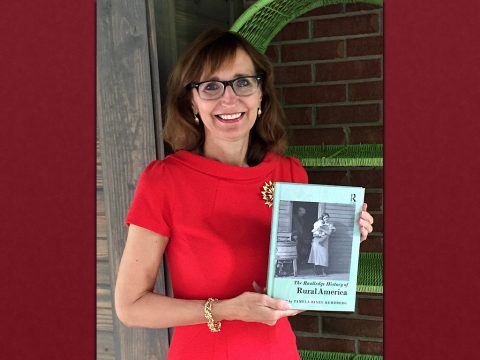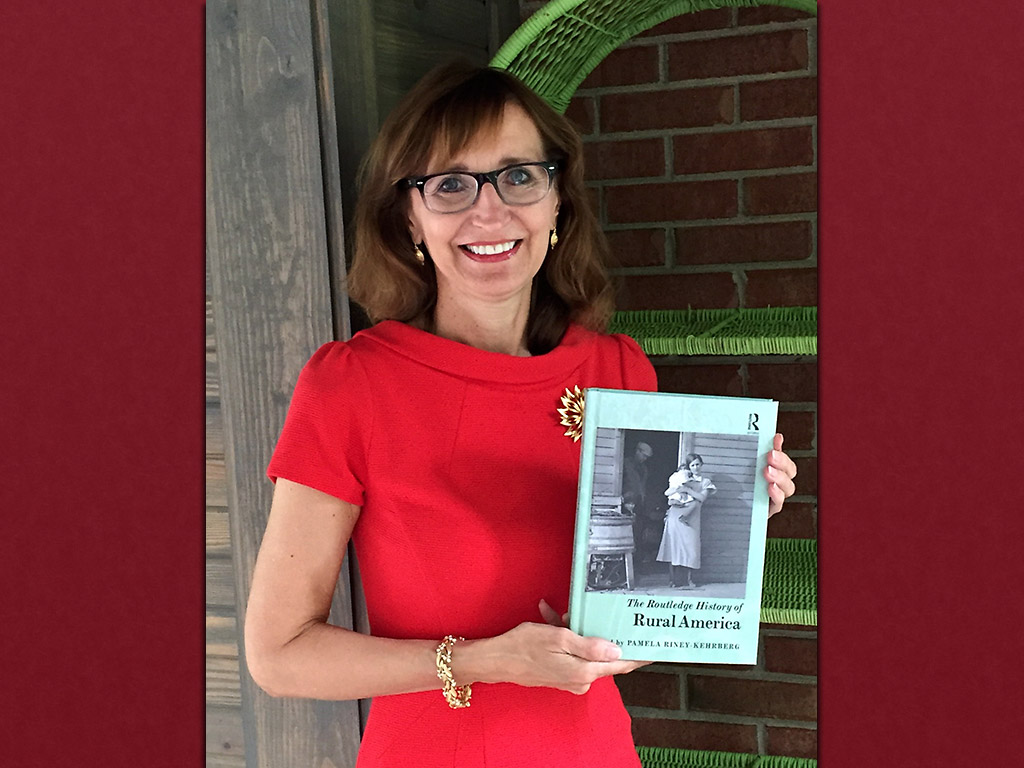 Clarksville, TN – The vast majority of the country is comprised of large, often underdeveloped, swatches of the Great Plains, Midwest and Appalachia, While the concrete towers dotting the skylines of New York City, Los Angeles and other major metropolitan areas are more frequently associated with the United States.
Clarksville, TN – The vast majority of the country is comprised of large, often underdeveloped, swatches of the Great Plains, Midwest and Appalachia, While the concrete towers dotting the skylines of New York City, Los Angeles and other major metropolitan areas are more frequently associated with the United States.
Rural areas, defined as areas home to 2,500 people or less, make up 72 percent of the United States’ land mass. Despite that overwhelming mass of land, according to the 2010 Census, rural areas contain just 19.3 percent of the country’s total population.

Urbanization and industrialization morphed the United States into an urban nation over time, but the country’s foundation was in the small businesses and face-to-face interactions of rural life.
With so much of the country’s population now concentrated in so little of its land mass, teachers can be forgiven for focusing little attention on, or themselves not understanding, the societal differences between rural and urban life. A new book, “The Routledge History of Rural America” aims to fill in the gaps and help educators better understand the history of Rural America.
Dr. Minoa Uffelman, Austin Peay State University associate professor of history, grew up in rural Tennessee and understands both the significance of rural life to the country’s history, as well as its rapidly vanishing presence in the lives of today’s students. She contributed to “The Routledge History of Rural America” with an essay titled “Teaching Rural History in an Urban Age,” offering educators tips and strategies on incorporating more of America’s rural history into their coursework.
“’Rural history’ is not a geographic location, but the institutions and historical processes of change over time and is not just about leaders and elites, but ordinary people,” Uffelman said.
In “The Routledge History of Rural America,’ editor Pamela Riney-Kehrberg, a professor of history at Iowa State University, provides a platform for 25 scholars to discuss rural life, shedding light on regional differences in rural America, relationships between rural and urban communities, the diversity of rural cultures and the ways that economic shifts, technological development and globalization have shaped rural development.
Uffelman’s chapter provides practical suggestions on how to include agricultural and rural history in introductory history classes. The chapter recommends supplemental textbooks, sample essay questions and possible projects, a reading list, lists of documentaries, movies and television shows, and suggestions on implementing social media, YouTube videos and online platforms.
“Professors can improve and expand teaching introductory US history courses by adopting suggestions for including rural history (from ‘The Routledge History of Rural America’) in their class,” Uffelman said.
“It is gratifying to see the contributors’ and the editor’s hard work come together in such a fantastic collection,” Uffelman said. “I am also thrilled that I could include a photo of Lewis Branch School, 1919, courtesy of the Houston County (Tennessee) Archives and (Houston County Archivist) Melissa LeMaster Barker.”
The book is available at Amazon.com, as well as Routledge.com and Apple iBooks.
For more information on the book, contact Uffelman at uffelmanm@apsu.edu.



